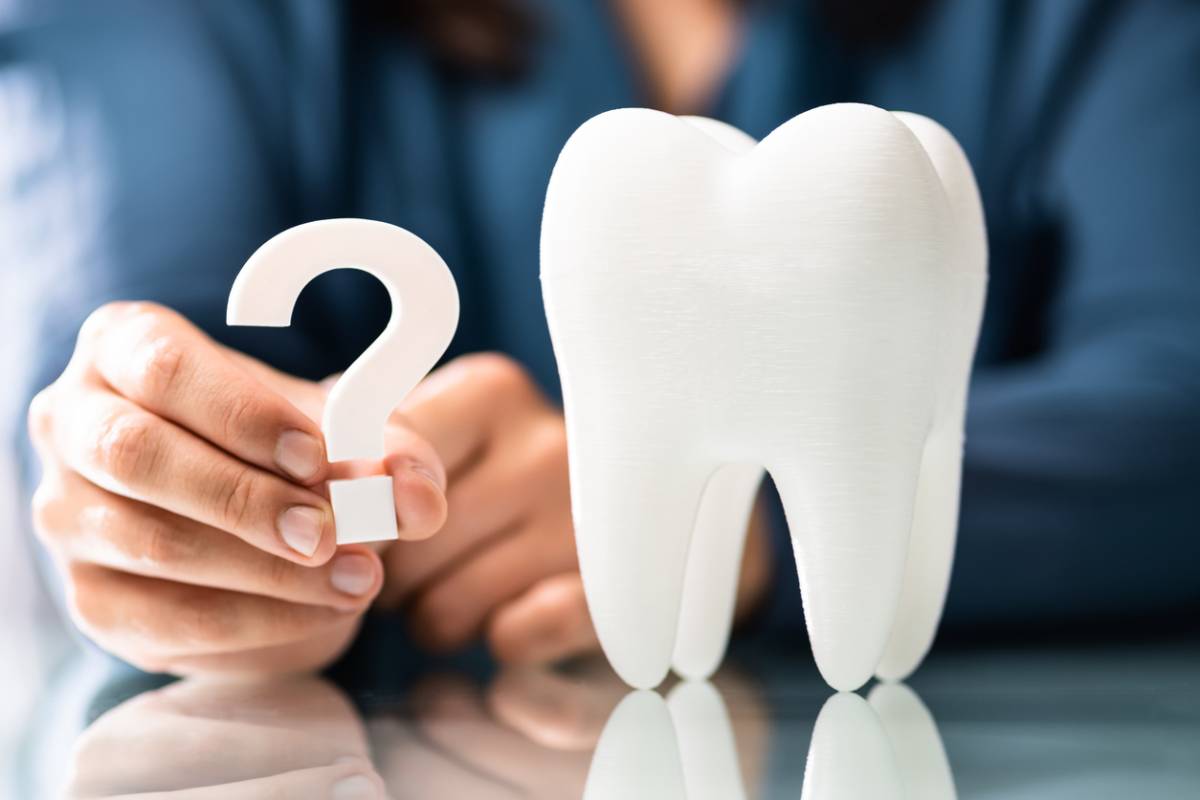A root canal is a routine procedure at many dental offices. It can be effectively used to restore the function of a severely decayed tooth. When planning to undergo the procedure, patients ask: Can you drive after a root canal? Continue reading to learn the answer to this question.
Can You Drive After a Root Canal?
In most cases, patients can drive after root canal therapy because only a local anesthetic is used for numbing the procedure site. Local anesthetic typically does not impact your ability to react or concentrate. On top of that, some local anesthetics can wear off in just a couple of hours. However, if you are sensitive to any ingredients that such an anesthetic contains and anticipate that your reaction time might be slower than usual because of it, we recommend you abstain from driving after your procedure. Some patients might also experience dizziness after the procedure. In such cases, it is also advised to opt out of driving.
This being said, there are cases when a local anesthetic is used in combination with sedation for a root canal. For example, sedation dentistry patients who experience severe dental anxiety, find it challenging to remain in the same position for a long time, or have a high tolerance to local anesthetics may benefit from using sedation for their root canal. Sedation dentistry options, depending on the type, can make you unable to drive right after the procedure. In general, if you are going to have any sedation for your root canal treatment, it is best to arrange another method of transportation from the dental office, as the effects of sedation might linger throughout the day.
Talk to your dentist about sedation options during the initial consultation if you anticipate needing any of them. Your doctor will also be able to explain what you can expect from sedation in more detail and give you accurate recommendations.
Driving After a Root Canal Procedure with Sedation
There are several types of sedation you can get at a dental office. Let us look in more detail at what effects each type can have on your body:
- Nitrous oxide, also referred to as laughing gas, is inhaled by a patient through a mask. It is considered a mild form of sedation and can help you feel relaxed and less anxious during the root canal procedure. After the completion of the procedure, you will inhale pure oxygen through a mask, which cancels the effects of nitrous oxide. The oxygen will work almost immediately, so you might feel back to your usual self and be able to drive. However, we recommend resting in your dental office for some time to make sure that no effects of sedation remain before getting behind the wheel. If you still feel any effects of nitrous oxide sedation, we strongly recommend arranging a different method of transportation.
- Oral conscious sedation is another mild type of sedation. It is a pill that a patient takes by mouth sometime before the procedure(typically, about one hour). This type of sedation will most likely make you sleepy, though you still will be conscious and will wake up quickly if you fall asleep. However, it will take some time for your body to break down and flash out the sedative, and you might remain sleepy for some hours after the procedure. Thus, you will not be able to drive if you opt for oral sedation.
- Intravenous (IV) sedation is administered via an injection. IV sedation is the strongest type of conscious sedation. Patients who have IV sedation are likely to fall asleep during the procedure. Even though the effects of sedation are reversed once the procedure is done, you will remain sleepy, might feel disoriented, and fall asleep again in some cases. Thus, you will not be able to drive until the end of the day.
- General anesthesia is the strongest type of sedation, and it is seldom used in dentistry unless it is a lengthy surgical procedure (for example, after a trauma or an accident). Thus, a root canal procedure will likely not require this type of sedation. Patients who have general anesthesia are not able to drive after the procedure.
Make an Appointment at Dental Care of Pomona
Do not wait to make an appointment with a friendly dentist at the Dental Care of Pomona office for a stress-free root canal procedure. Remember that putting off treatment can lead to such negative consequences as tooth loss, gum and jaw bone infection, and infection of the surrounding teeth.


